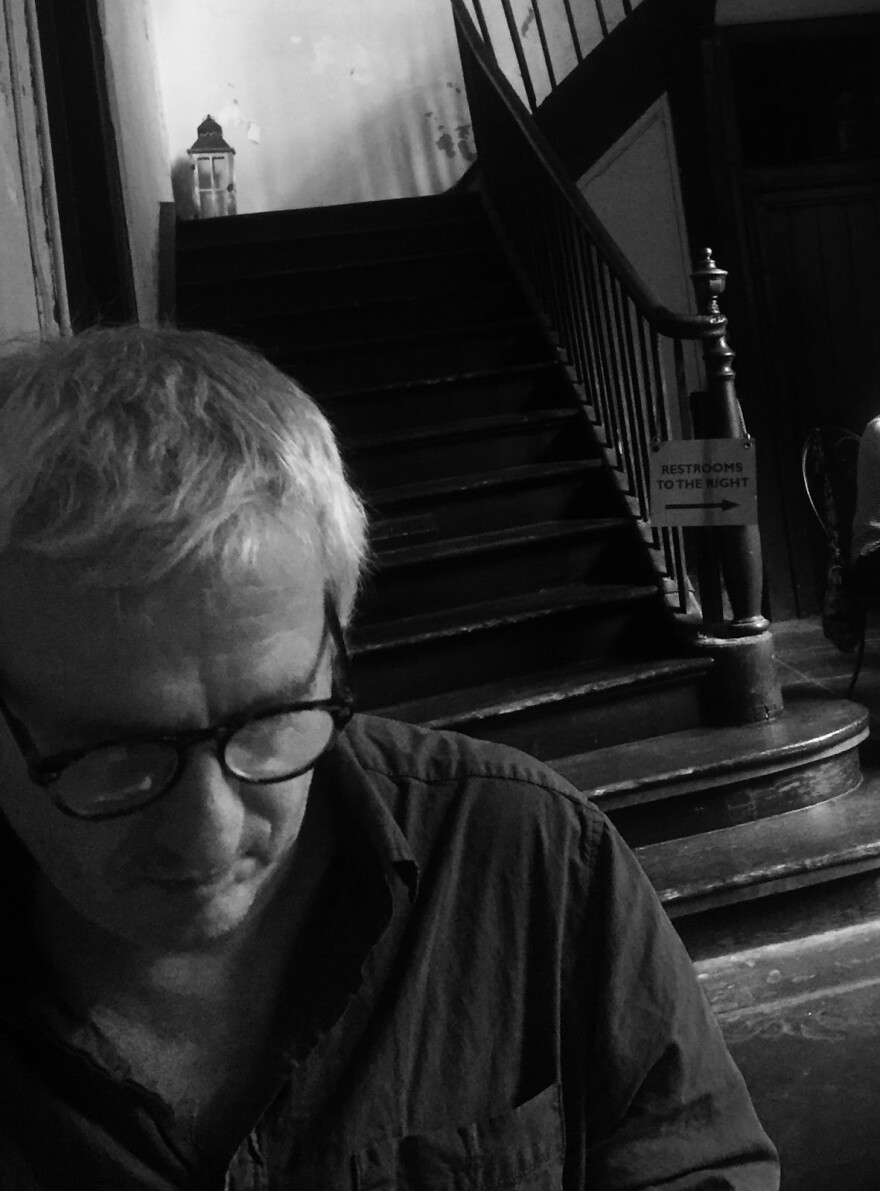In the summer of 1973, three black men from Tarboro were sentenced to die in North Carolina’s gas chamber after being tried and convicted of raping a white woman. The story made national news, and Tarboro became the center of a larger conversation about race, civil rights and criminal justice. The men maintained their innocence and refused plea deals that may have lightened their sentences, but it was not until The Southern Poverty Law Center stepped in did they receive a new trial and a new chance at life. Author Brian Lampkin lived in Tarboro for a time and noticed how this dark piece of history was kept buried, even though many of the people involved still lived in the small town. In his book (Scuppernong Editions/2019), Lampkin weaves his story into a fresh portrayal of the Tarboro Three and exposes how this historical incident still impacts the small town today. Brian Lampkin is co-owner of in Greensboro and joins host Frank Stasio live at the Triad Stage to talk about his book. Lampkin has upcoming readings at R. A. Fountain General Store in
Fountain on and the Country Bookshop in Southern Pines on .
INTERVIEW HIGHLIGHTS
On what happened that night:
She willingly got into the car, and from there the stories diverge. The young woman claims she was raped by these three black men. And from there they were sentenced to the gas chamber in Raleigh after a nine-day trial.
On the intervention that saved them:
They’re sentenced to die 30 days later. Luckily the Southern Poverty Law Center — in their very first case — come to Tarboro and Morris Dees takes on the case.
On finding out the accuser’s name:
As soon as I found out the woman’s name, I quickly realized she lived five doors down from me, and she also worked with my wife. And that’s small-town life … So that complicated my research. That made this very personal suddenly. And I really had to think about it. OK. Whose secrets are worth sharing? Who deserves a place in history regardless of the secrets they want to keep?
On whether re-telling the story will be healing:
I have this prejudice that says: Yes. It will help. Let’s try. Let’s acknowledge that black history is on a par with white history. You don’t get to acknowledge Confederate memorials and let everything else go.


